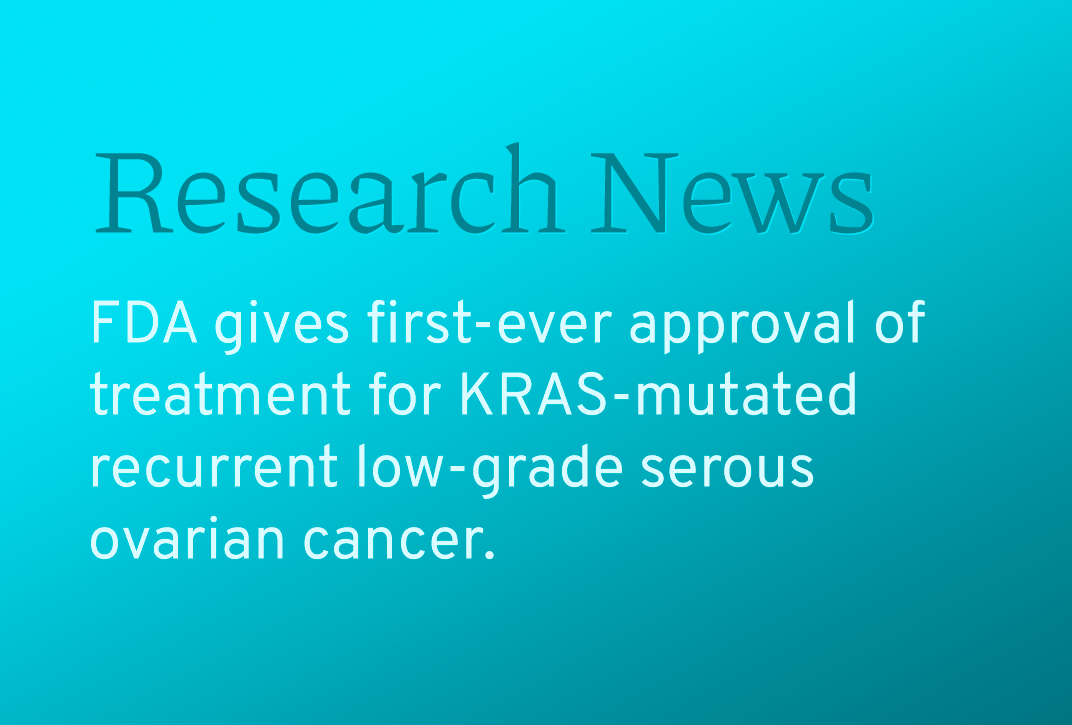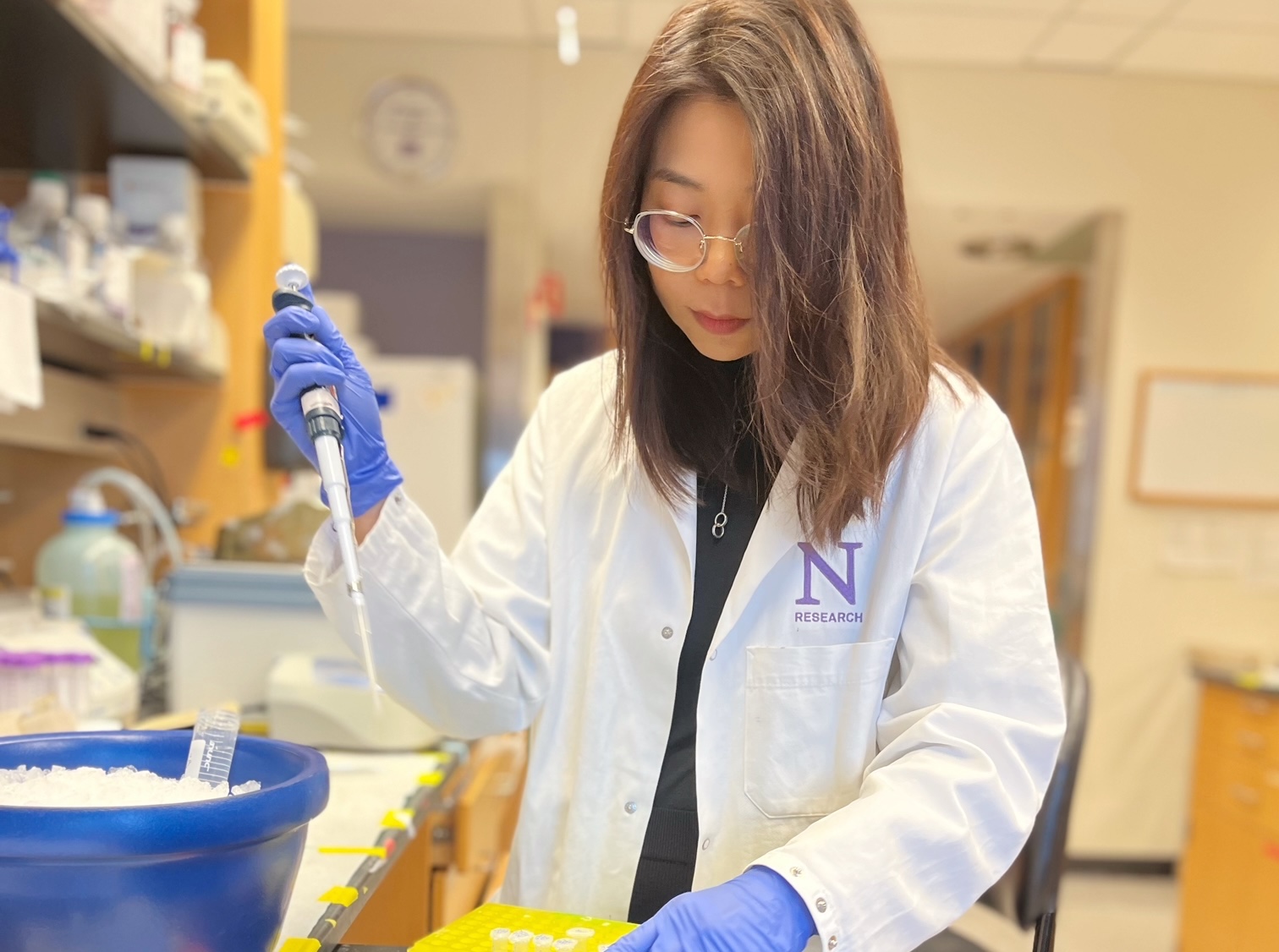Washington, DC—A new report released by the Ovarian Cancer National Alliance summarizes the experiences of 1,014 women diagnosed with ovarian cancer. Based on a survey conducted by the Alliance in partnership with Inspire, the report details how women were diagnosed and whether their treatment followed national guidelines for ovarian cancer.
The survey was inspired by a study released in March 2013 that found just 37.2% of patients with epithelial ovarian cancer received care that adhered to the National Comprehensive Cancer Network guidelines. Dr. Robert Bristow and his colleagues examined the records of 13,321 patients treated for epithelial ovarian cancer between 1999 and 2006.
“As one of the deadliest cancers for women, it is imperative that we understand what might be preventing women from accessing treatment, and how the Ovarian Cancer National Alliance can improve women’s access to care,” says Calaneet Balas, CEO of the Ovarian Cancer National Alliance. “We hope this survey can be a stepping stone for further research that can lead to better outcomes for women.”
Respondents generally reported that they were diagnosed with ovarian cancer in a short time. Most received care that follows current recommendations, including treatment by a gynecologic oncologist (a specialist in women’s reproductive cancers) and surgery followed by six rounds of chemotherapy. Top line results from the survey include the following:
- 50.00% of respondents were diagnosed less than a month after they sought medical attention, an improvement over the 40% of women in a similar survey conducted by the Alliance in 2007.
- Most women saw just one (34.77%) or two (39.56%) doctors prior to being diagnosed with ovarian cancer.
- 80.42% of respondents were told that the standard treatment for ovarian cancer is surgery followed by six rounds of chemotherapy, and 72.8% reported receiving such treatment.
- For women who did not receive treatment from a gynecologic oncologist, the most common reason was not knowing that this was recommended (34.04%), followed by inability to travel to see a specialist (11.70%).
The full report, along with a sampling of patient comments collected through the survey, is available here.
“It seems likely that the women who responded to our survey represent the population that does get standard-of-care treatment,” notes Ms. Balas. “Further research could help us determine which populations are not getting this treatment, and why that is the case.”
Dr. Robert Bristow, Director of Gynecologic Oncology Services at UC Irvine Medical Center, sees this study as a benchmark for future research: “Improving access to specialty-trained providers (gynecologic oncologists) and high-volume healthcare delivery centers has been identified as an important mechanism by which the survival outcome for women with ovarian cancer can be improved. The Ovarian Cancer National Alliance survey offers valuable insight into population characteristics that predict timely access and receipt of appropriate care. These data also provide a necessary benchmark from which to further investigate barriers to receiving standard treatment for ethnic minorities and women of low socioeconomic status.”
Dr. Anil Sood, Director of the Blanton-Davis Ovarian Cancer Research Program, MD Anderson Cancer Center, also notes the importance of understanding what treatment women with ovarian cancer receive: “The survey launched by the Ovarian Cancer National Alliance is a very important step forward in understanding the level and quality of care provided to women with ovarian cancer in the United States. Given the impact of appropriate upfront care on the clinical outcome of women with ovarian cancer, such efforts coupled with improving access to appropriate specialists for the highest level of care will be essential.”
The report is being released in September as part of National Ovarian Cancer Awareness Month. More information and statistics about ovarian cancer in the United States can be found here.
The Ovarian Cancer National Alliance is a powerful voice for everyone touched by ovarian cancer. We connect survivors, women at risk, caregivers and health providers with the information and resources they need. We ensure that ovarian cancer is a priority for lawmakers and agencies in Washington, DC, and throughout the country. We help our community raise their voices on behalf of every life that has been affected by this disease.
Princeton, NJ-based Inspire is the patient engagement company. Inspire creates safe, moderated online patient support communities, organized by therapeutic area, and helps life science organizations connect with these highly engaged populations. Inspire builds and manages the communities in partnership with more than 80 national patient advocacy and support organizations, including the Ovarian Cancer National Alliance, National Psoriasis Foundation and the National Osteoporosis Foundation.
###
For more information, or to schedule an interview, please contact Amanda Davis at adavis@ovariancancer.org or (202)331-1332.


